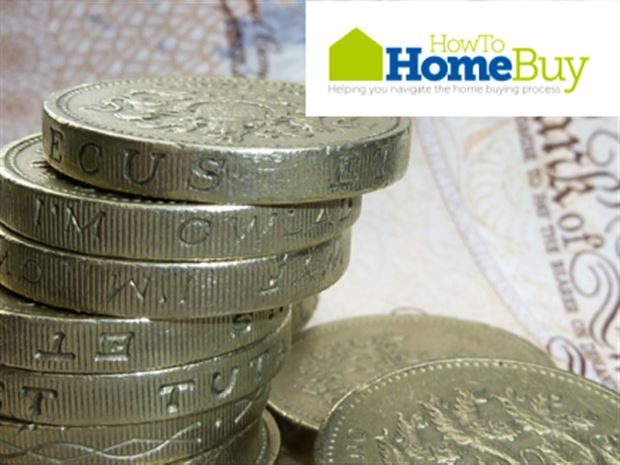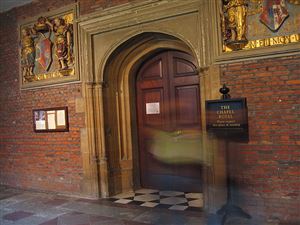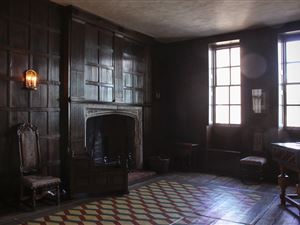How big does my deposit need to be?

If you want to buy a house you will need a deposit but how much is that exactly? Amie Gramlick discusses how to work this out and points us at some useful tools
By Amie Gramlick from HowToHomeBuy.co.uk
How big does my deposit need to be? It's a question we hear a lot from first time buyers. There are also a couple of ways to answer it, so here we go…
Deposit at least 5% of the property price
You are going to need a deposit of 5% at the very least – this will give you access to 95% Loan To Value (LTV) mortgages or the Government's Help To Buy scheme. If you can get a 10% deposit, this would be even better, as mortgage rates are much more competitive at this level.
To get an idea of house prices in the area you want to buy, type the postcode or area name into FindAHood's search tool, which will return the average prices for different types of property. Then you simply need to calculate the cash deposit required – if you want a bit of help with this, use HowToHomeBuy's Quick Deposit Calculator (which will also tell you how much Stamp Duty you need to pay).
Deposit big enough so you can afford the mortgage repayments
The mortgage you are going to need is the difference between the deposit and the value of the property. You can estimate the mortgage repayments using our Standard Mortgage Calculator. Tip - if you aren't sure what interest rate to put in, the most competitive interest rate on a 95% mortgage is a two year fix from HSBC at 4.79%, whereas 90% LTV mortgage rates start at around 3.49%, again for a two year fix.
If you're considering Help To Buy part 1, the calculation works a little differently – you still only need a 5% deposit, but the Government tops up your deposit with a loan of 20% which is interest and repayment free for the first five years, so all you pay to begin with is mortgage repayments on a 75% LTV loan. We have a calculator for that too if you want to have a go. If you think the mortgage repayments are going to be too high, then you need to adjust one of the following – either save further for a bigger deposit OR look for lower priced properties. This will decrease your borrowing, lower the Loan To Value level on a mortgage and bring the interest rate down, which means smaller monthly payments.
Next steps
So now that you have done a little bit of research on how big your deposit needs to be, the next stage is to go and talk to mortgage lenders and see if they are prepared to lend the amount you need. And always remember, although the deposit is a big expense, you also need to budget for things like Stamp Duty, legal costs, mortgage fees and more. If you're not sure how much these could all add up to, you can estimate them with our Full Monty Expenses Calculator.
Happy Calculating!
Amie Gramlick is the founder of HowToHomeBuy.co.uk, providing free independent advice for those going through the home buying process, particularly first time buyers.



